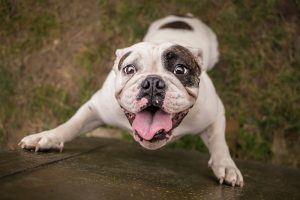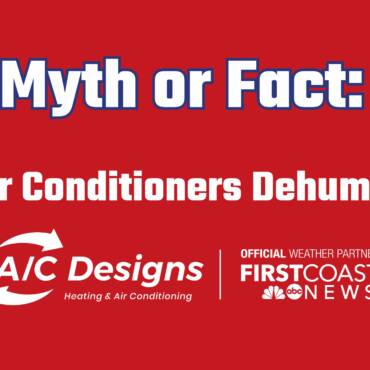As pet owners, you cherish the companionship and joy that your furry friends bring into your homes. However, it’s essential to recognize that pets can have a significant impact on your HVAC system. From shedding fur to potential accidents, such as dogs urinating on the outdoor AC condenser, pets have the potential to cause you to need air conditioning repair in Kingsburg. Let’s go over some tips to help pet owners maintain a comfortable and efficient indoor environment while protecting their expensive HVAC equipment.
Regular Air Filter Maintenance
Pets, especially those with fur, can contribute to increased levels of dust, dander, and hair circulating in our homes. This debris can quickly accumulate in HVAC air filters, leading to reduced airflow and decreased system efficiency. To combat this, pet owners should make it a habit to check and replace air filters regularly. Depending on the type of filter and the pet’s shedding level, aim for replacement every 1-2 months to maintain optimal indoor air quality.
Scheduled HVAC Inspections
Routine HVAC inspections by qualified technicians are crucial for detecting and addressing any potential issues before they escalate into costly repairs. Pet owners should schedule yearly maintenance checks to ensure that their systems are functioning correctly and efficiently. During HVAC maintenance, technicians can also assess outdoor AC units for any damage caused by pet urine, which can lead to corrosion and electrical problems.
Protecting Outdoor HVAC Units
One of the most common and potentially damaging issues pet owners face is pets, particularly dogs, urinating on outdoor AC condensers. Urine contains corrosive elements that can corrode the metal components of the condenser coil, leading to premature failure and decreased efficiency. To prevent this, consider installing barriers or fencing around outdoor HVAC units to restrict pet access. Additionally, train pets to avoid these areas to minimize the risk of damage.
Professional Cleaning of Vents and Ducts
Pet hair and dander can accumulate in HVAC vents and ducts over time, hindering airflow and reducing indoor air quality. To combat this, pet owners should schedule professional duct cleaning every 3-5 years to remove any buildup of dirt, dust, mold, and debris.
Indoor Air Quality Enhancement
Indoor air quality can significantly impact both pets and humans’ respiratory health. To improve air quality, consider investing in a whole house air purifier or filtration system that will effectively remove pet dander, odors, and other airborne contaminants.
By implementing these HVAC tips tailored for pet owners, you can create a safe, comfortable, and healthy indoor environment for both your furry companions and your family. From regular air filter maintenance to protecting outdoor HVAC units and enhancing indoor air quality, proactive measures can help mitigate the impact of pets on your home and HVAC system. Remember, a little prevention and maintenance can go a long way in ensuring the well-being of your pets and the longevity of your HVAC system.
We strive to provide honest answers and solutions to the problems our customers experience while remaining highly competitive in price, and offer the fastest turnaround you can find! Contact Donald P. Dick Air Conditioning to schedule air conditioning repair in Kingsburg or sign up for Mr. Cool’s Super Saver Program.
Whether you require installation, repair, or maintenance, our technicians will assist you with top-quality service at any time of the day or night. Take comfort in knowing your indoor air quality is the best it can be with MOE heating & cooling services Ontario's solution for heating, air conditioning, and ventilation that’s cooler than the rest.
Contact us to schedule a visit. Our qualified team of technicians, are always ready to help you and guide you for heating and cooling issues. Weather you want to replace an old furnace or install a brand new air conditioner, we are here to help you. Our main office is at Kitchener but we can service most of Ontario's cities
Source link



Add Comment